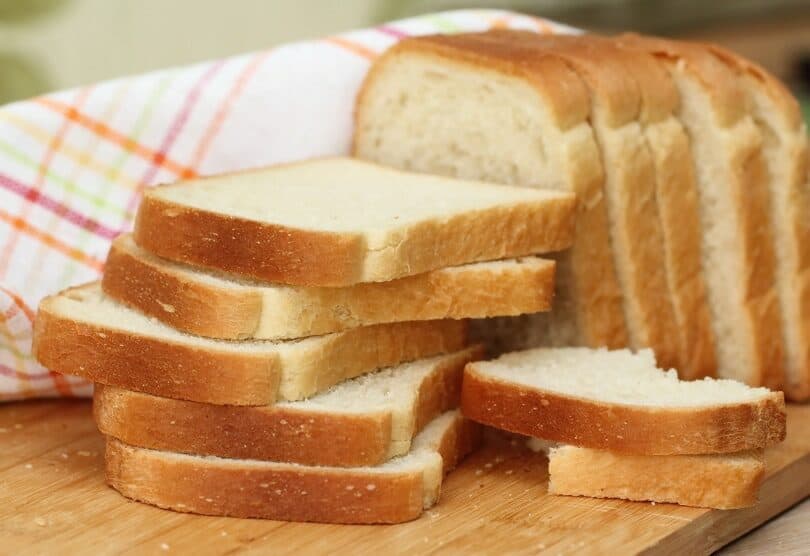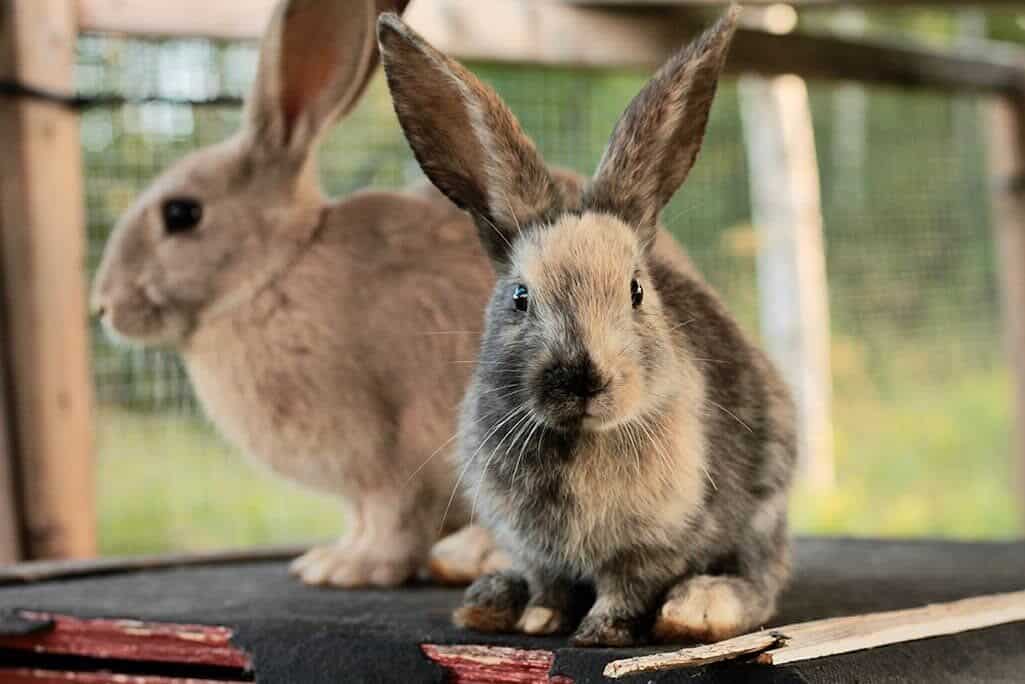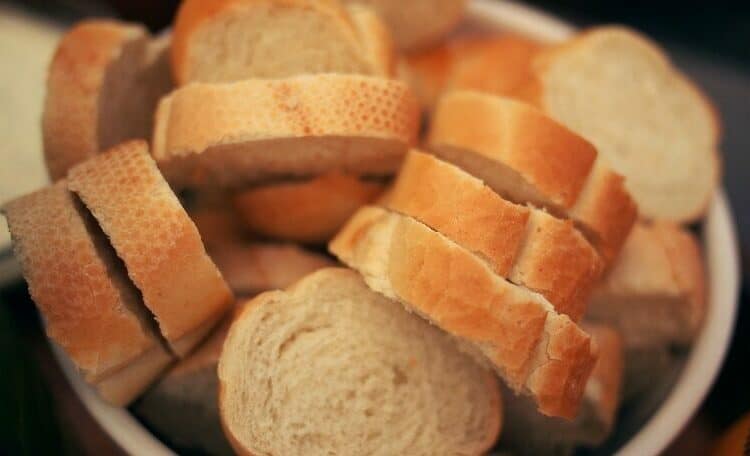Although bread isn’t toxic for rabbits, it’s not the best choice for their diet. A little bit of bread now and again won’t hurt, but it’s best to find a more nutritious snack for your bouncy bunny. Even though your rabbit may like eating bread, that doesn’t mean it’s the best food choice for them.
Why Shouldn’t Rabbits Eat Bread?
A rabbit’s digestive system is set up to digest cellulose. Bread does not contain enough fiber, and may, therefore, cause rabbits digestive problems, such as intestinal upset and diarrhea. Bread contains a lot of carbohydrates, something a rabbit also has trouble digesting. White bread, for example, contains a lot of sugar—another ingredient that your rabbit should not consume in larger amounts.
A diet high in carbohydrates and fat, and too low in fiber, can result in gastrointestinal stasis. When a rabbit consumes too many carbohydrates and not enough fiber, it can cause them GI upset.
When this occurs, a rabbit will generally stop eating, because a pH change in their GI tract favors the growth of gas-producing bacteria. This will cause a painful gas that will make the rabbit want to eat even less. The bacteria can also produce toxins that can make a rabbit feel sicker, and can even lead to organ failure or death if not treated in time.

What Should I Do if My Rabbit Eats Bread?
If your rabbit consumes a small amount of bread, there is no reason to worry. However, if he or she goes a little crazy with this newfound snack, keep an eye on it for a day or so. If you notice any major changes in its poo, or in its behavior, you probably should call your vet to be safe.
What Else Shouldn’t a Rabbit Eat?
Along with bread, there are other foods that should not be fed to your rabbit. Cookies, nuts, seeds, and grains are other unsafe or less than ideal foods for rabbits.
Fruits can be fed, but no more than 1-2 tablespoons of high-fiber fresh fruit (such as apple, pear, or berries) every 1-2 days.
Iceberg or head lettuce is also not an ideal food for rabbits, as it contains very few nutrients.

In Conclusion
A rabbit’s diet should consist mostly of hay, a few fresh vegetables, and a limited number of pellets.
Hay is the most important part of a rabbit’s diet, whether it be Timothy, orchard, or brome. Alfalfa is suitable for young rabbits who are still growing, but otherwise contains too much calcium and protein for adult rabbits.
Green leafy vegetables should be provided daily, and there is really no limit to these. As long as your rabbit doesn’t get diarrhea, leafy greens are safe for them in reasonable amounts. Variety is important, but you should introduce new vegetables slowly—just one new veggie at a time, and in small quantities, until you know for sure how your rabbit’s digestive system will respond to each. Of course, always provide fresh water for your rabbit too.
If you would like to see a more comprehensive list of fruits and vegetables that are safe for your rabbit, please check out this page.
Featured Image Credit: Pixabay
















